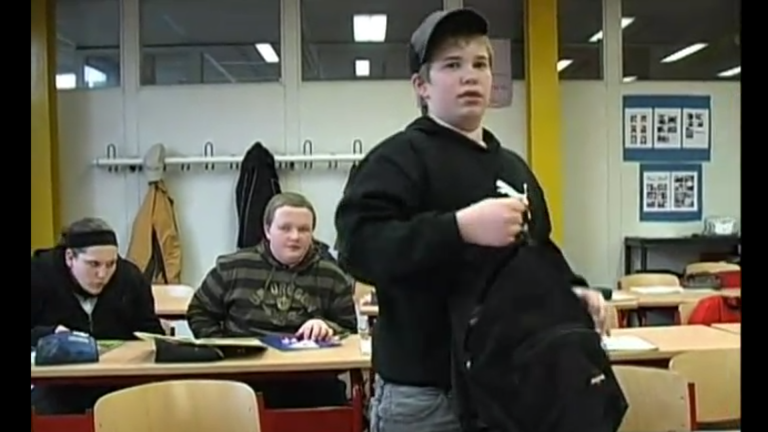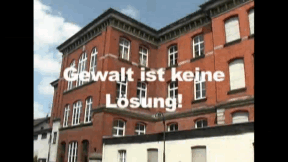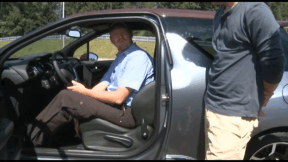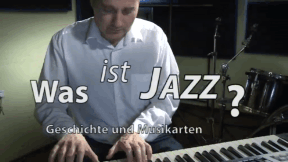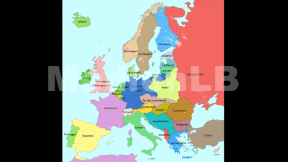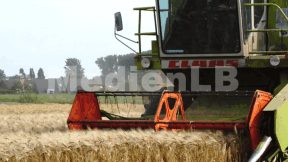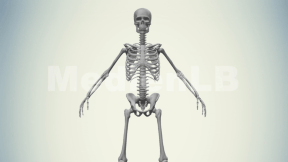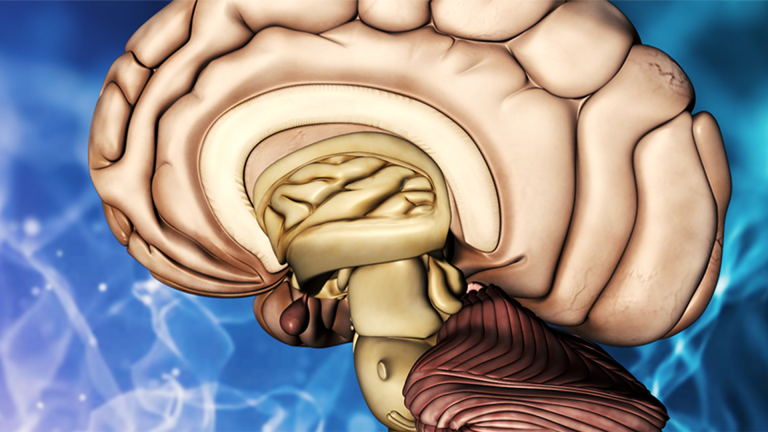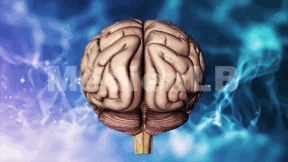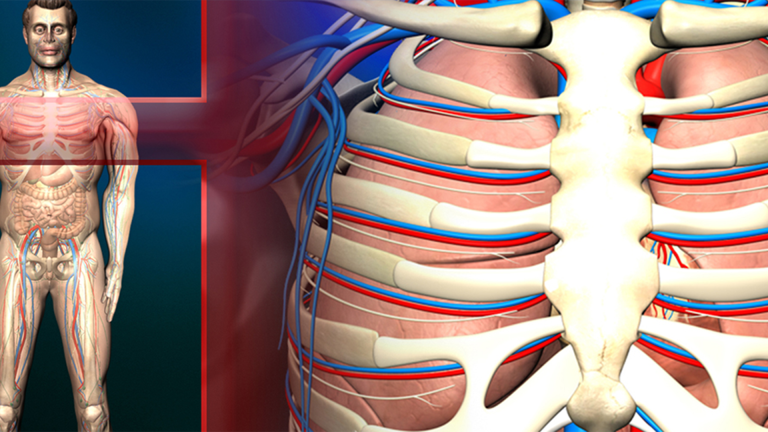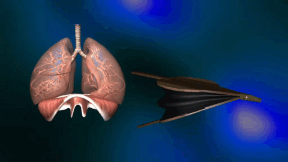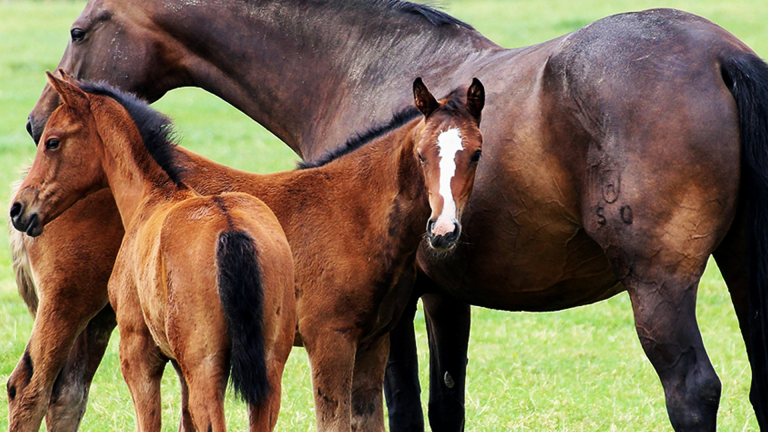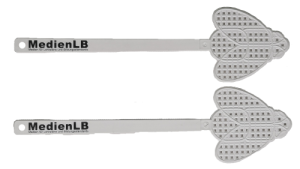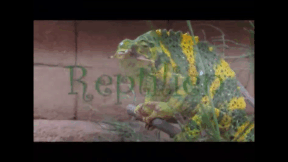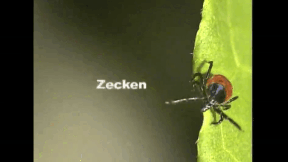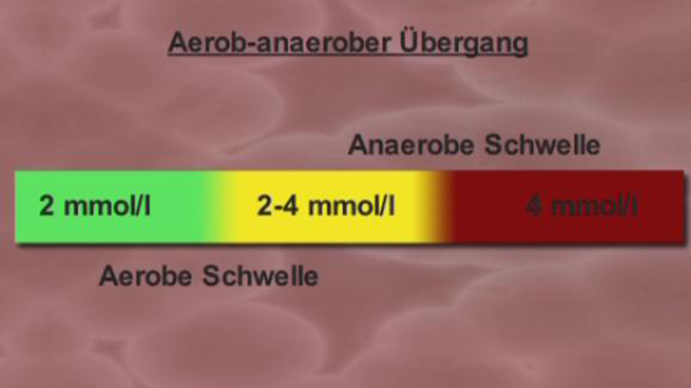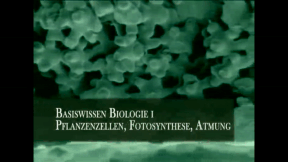Suche:
- # Artistry
- # Biology
- # Chemistry
- # Ecological
- # Economy
- # English
- # Foreign Language
- # Geography
- # German
- # Health
- # History
- # Informatik
- # Latin
- # Mathematics
- # Media Education
- # Music
- # Physics
- # Politics / Civics
- # Preschool
- # Primary School
- # Religion
- # Society
- # Sports
- # Technology
- # Training of Teachers
- # Vocational Education
Gewaltprävention
GEWALTPRÄVENTION - GEWALT IST KEINE LÖSUNG! Dies ist kein Präventionsmedium im klassischen Sinne: Nicht die üblichen Fachleute für schulische Gewaltprävention haben es erstellt, sondern Jugendliche aus dem Rems-Murr-Kreis, die sich in ihrer Freizeit in der Jugendfeuerwehr engagieren. Sie planten die Filmszenen und waren als Darsteller dabei.
Learn moreDrunken Driving
“Of course I can still drive.“ A sentence that many young people have certainly heard and even said themselves after drinking alcohol at a party. In this film, four young drivers, supervised by the police, test the truth of this assertion on an ADAC training ground.
Learn moreKunst der Moderne
Von der klassischen Moderne zur Gegenwartskunst. Was zeichnet diese Kunst aus? Um Kunst zu verstehen, muss man zunächst einen Zugang zu ihr finden, vielen Menschen fällt dies nicht leicht. Der Kuratorin Annika Schoemann ist unter anderem zuständig für die öffentliche Kunstvermittlung. Sie nimmt uns mit in zwei Museen für Moderne Kunst, in Galerien und zu aktiven Künstlern.
Learn moreKreislauf der Fotosynthese
Die Fotosynthese ist ein fundamentaler biochemischer Prozess, der von Pflanzen und Algen betrieben wird. In dem Film wird dieser Prozess in Grafiken und Realbildern detailliert und anschaulich dargestellt. Auf die Entdeckung durch Joseph Priestley und sein berühmtes Experiment wird ebenso eingegangen wie auf die Bedeutung der Fotosynthese für die Ökosysteme der Erde.
Learn moreHuman Brain
Every organism, no matter whether it is an earthworm, a snail, a fish or a human being, takes in information from the environment through differently structured sensory organs. This was absorbed first by a diffusely organised nervous system, which, in the course of evolution, has been replaced by a hierarchically organised one. Eventually a controlling centre has developed that interconnects and coordinates the nerve impulses supplied by receptors, reacts appropriately and is called the brain. In more highly developed organisms a part of the body has developed into a head, in parallel to the development of the brain.
Learn moreHuman Lung
Only rarely do we notice that we need them: our lungs. Mostly, we breathe unconsciously and shallowly – especially if we have a sitting job.
Learn moreHorses
They are the epitome of power and elegance. Man domesticated them long after dog and cat, they provided meat, were strong agricultural helpers pulling ploughs and other implements. These hard times are over for the animals – their range of service has changed. The most favourite animal of many children and grown-ups, it has changed from former working animal to today’s companion for sport and leisure. The horse breeds known today are descended from a primeval horse. It lived about 50 million years ago – that is fifty with six zeros after it!
Learn moreReptiles
This DVD offers a clearly structured overview over reptiles with an emphasis on the following aspects: The origin of reptiles is proven by fossil finds from all over the world. The skeletons are proof that reptiles were not confined to life on land but were also adapted to water and the air. The typical common characteristics of reptiles, such as the coat of scales and a poikilothermic body temperature, as well as the extremely different appearances of poisonous snakes and constrictors, turtles, lizards and crocodiles are discussed in detail. The different methods of finding food both as a herbivore or as an ambush predator with the use of poison or with the help of a pit organ are shown. The “invention” of the amnion made the reptiles’ reproduction independent from water and enab- led them to lay their eggs on land.
Learn moreTicks
Already the dinosaurs, which populated the Earth some 90 million years ago, were familiar with the tiny, dangerous pests, and the Greek poet Homer attributed healing and potency-enhancing effects to them in the late 8th century BC – however, only in pulverised form. The animals described are those clingy, blood-sucking mini-vampires – the ticks. In fact, they are parasites dangerous to us humans; not because of the amount of blood they extract but due to the diseases they can transmit in doing so. This film invites you to visit the family of the small parasites of the phylum Athropoda belonging to the class of Arachnida.
Learn moreBasics of BIOLOGY I
Basics of Biology examines general biological issues that help to expand and consolidate basic biological knowledge. The first film of this series deals with the structure of the plant cell. It centres around the structure and function of plant tissue such as the xylem, root cells and stomata as well as the functions of the chloroplasts. In the second chapter the issue of photosynthesis and the elements involved in it are dealt with. With tests and experiments impacts of light and CO2 on photosynthesis are demonstrated and explained. The third part explains human respiration. The rising oxygen consumption of a woman athlete brought on by physical effort on the moving walkway is shown. What happens when the physical stress becomes too strong and the amount of oxygen inhaled is no longer sufficient? The transition from aerobic respiration to anaerobic respiration is vividly illustrated. Together with the extensive accompanying material the didactic DVD is ideally suited for use in the classroom.
Learn more



